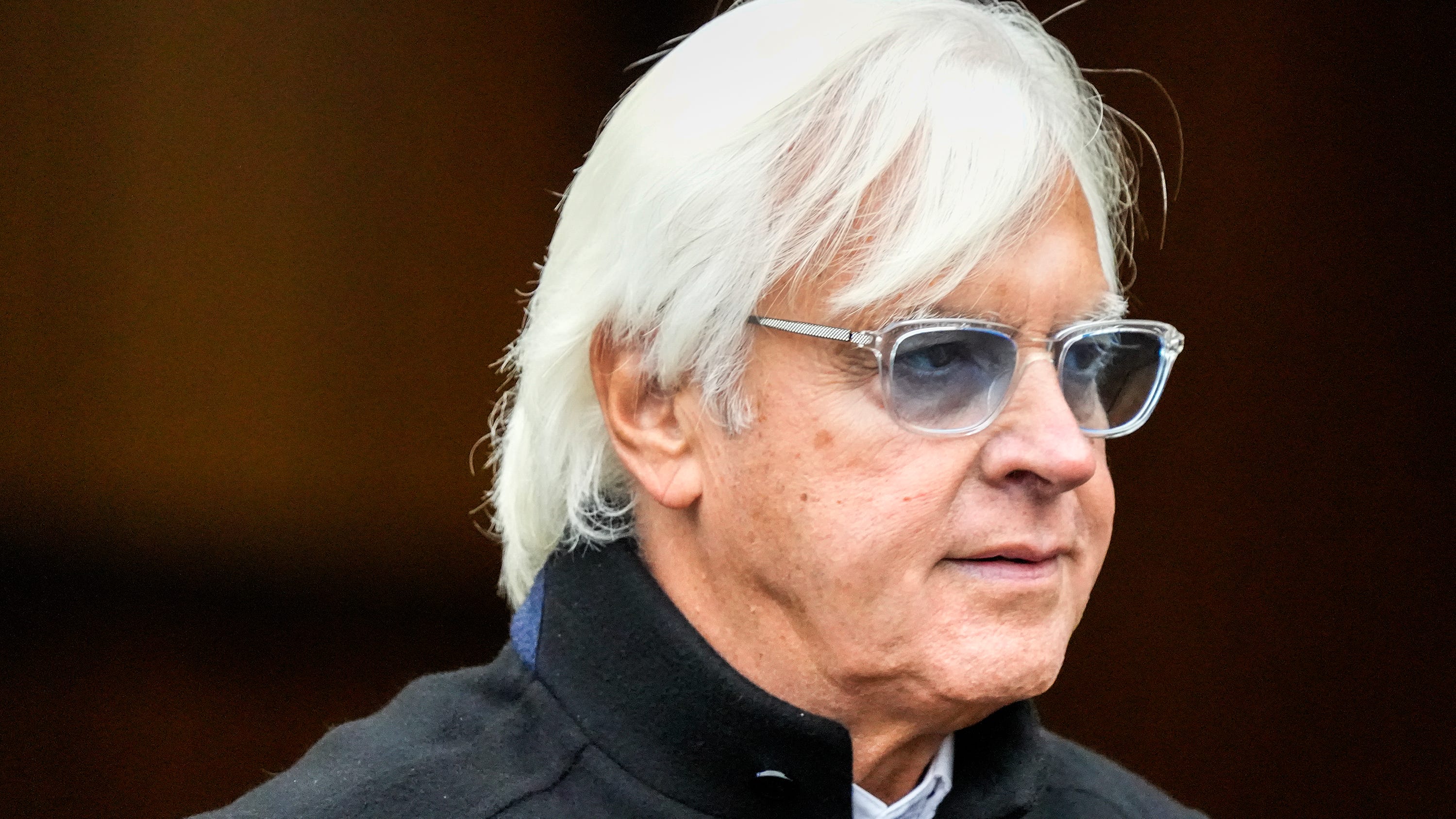FTC Appeals Activision Blizzard Acquisition Decision

Table of Contents
- The FTC's Case Against the Activision Blizzard Acquisition
- Concerns Regarding Competition
- The Judge's Ruling and the FTC's Response
- Implications of the FTC Appeal for Microsoft and Activision Blizzard
- Financial and Legal Ramifications
- The Future of the Gaming Industry
- Wider Context: Antitrust Enforcement and Tech Mergers
- The Role of Antitrust Regulations
- Conclusion
The FTC's Case Against the Activision Blizzard Acquisition
The FTC's primary concern revolves around the potential anti-competitive effects of the Microsoft-Activision Blizzard merger. Their case rests on several key arguments.
Concerns Regarding Competition
The FTC argued that the acquisition would stifle competition in the gaming market, primarily focusing on the immensely popular Call of Duty franchise. This concern stems from several key factors:
- Microsoft's potential to leverage its ownership of Activision Blizzard to harm competitors: By making Call of Duty exclusive to Xbox or offering it on other platforms at a significant disadvantage, Microsoft could severely weaken its competitors, such as Sony's PlayStation.
- Concerns about exclusive content on Xbox and Game Pass: The FTC worries that Microsoft might make key Activision Blizzard titles, like Call of Duty, exclusive or preferential to its Xbox console and Game Pass subscription service, hindering competition. This could drive gamers towards the Xbox ecosystem and harm other gaming platforms.
- The FTC's assertion that the acquisition would reduce consumer choice and innovation: By controlling a significant portion of the gaming market, Microsoft could potentially reduce innovation and limit consumer choice regarding games, pricing, and platforms.
The Judge's Ruling and the FTC's Response
A federal judge dismissed the FTC's initial attempt to block the merger, citing insufficient evidence of anti-competitive harm. This decision, however, did not deter the FTC, leading to their appeal.
- Summary of the judge's reasoning for dismissing the case: The judge's ruling highlighted the lack of clear evidence demonstrating that the acquisition would substantially lessen competition. They argued that Microsoft's commitments to keep Call of Duty available on other platforms mitigated the anti-competitive risks.
- The FTC's statement explaining their reasons for appealing the decision: The FTC disagreed with the judge's assessment, arguing that the commitments made by Microsoft were insufficient to address their concerns about long-term competitive harm.
- Highlight key arguments presented by the FTC in their appeal: The FTC’s appeal likely focuses on strengthening their arguments concerning the long-term implications of the acquisition, specifically on the potential for Microsoft to leverage its market power post-merger.
Implications of the FTC Appeal for Microsoft and Activision Blizzard
The FTC's appeal introduces considerable uncertainty for both Microsoft and Activision Blizzard.
Financial and Legal Ramifications
The legal battle will undoubtedly have significant financial consequences.
- Potential delays in the completion of the acquisition: The appeal could significantly delay or even prevent the completion of the acquisition, impacting Microsoft's long-term strategic plans.
- Increased legal costs for both companies: The ongoing legal battle will result in substantial legal fees for both Microsoft and Activision Blizzard.
- Impact on Microsoft's stock price and market valuation: The uncertainty surrounding the outcome of the appeal could negatively affect Microsoft's stock price and overall market valuation.
The Future of the Gaming Industry
The outcome of this appeal holds profound implications for the future of the gaming industry.
- Potential impact on future mergers and acquisitions in the tech sector: The success or failure of the FTC's appeal will set a precedent for future mergers and acquisitions in the tech industry, influencing regulatory oversight and potentially chilling future deals.
- The effect on smaller game developers and publishers: The outcome will also affect smaller game developers and publishers, who could face increased competition or reduced opportunities in a market dominated by a few large players.
- The potential for increased regulatory scrutiny of large tech companies: This case highlights the increased regulatory scrutiny faced by large technology companies and could lead to stricter antitrust enforcement in the future.
Wider Context: Antitrust Enforcement and Tech Mergers
The FTC Appeals Activision Blizzard Acquisition case highlights the complexities of applying antitrust laws to rapidly evolving tech sectors.
The Role of Antitrust Regulations
This case underscores the ongoing debate about the effectiveness of current antitrust regulations in addressing mergers within the technology industry.
- Discussion on the effectiveness of current antitrust regulations in the tech industry: The case raises questions about whether current antitrust frameworks adequately address the unique challenges posed by powerful technology companies and their ability to leverage market dominance.
- Examples of other significant tech mergers and their regulatory outcomes: Comparing this case with other major tech mergers and their regulatory outcomes will provide valuable context and insight into the evolving landscape of antitrust enforcement.
- The evolving landscape of antitrust enforcement and its implications for future acquisitions: The FTC's appeal signifies a shift in how antitrust enforcement is being applied to the tech industry, and its impact on future acquisitions remains to be seen.
Conclusion
The FTC Appeals Activision Blizzard Acquisition decision marks a critical juncture for the gaming industry and antitrust enforcement. The outcome will significantly impact competition, consumer choice, and the future trajectory of tech mergers. The appeal's success or failure will set a precedent for future cases involving large-scale acquisitions in the tech sector. Stay informed about the developments in this ongoing FTC Appeals Activision Blizzard Acquisition case, as its ramifications are far-reaching and could redefine the landscape of the gaming and technology industries. Understanding the details of this crucial FTC Activision Blizzard Acquisition case is critical for anyone interested in the future of gaming.

 Kentucky Derby 151 Countdown Your Essential Pre Race Guide
Kentucky Derby 151 Countdown Your Essential Pre Race Guide
 Wedding Postponement An Update On Sydney Sweeney And Jonathan Davinos Relationship
Wedding Postponement An Update On Sydney Sweeney And Jonathan Davinos Relationship
 Kentucky Derby 2024 Bob Bafferts Comeback And The Sports Identity
Kentucky Derby 2024 Bob Bafferts Comeback And The Sports Identity
 Pimblett Vs Chandler Ufc 314 Referee Intervention Requested Due To Concerns
Pimblett Vs Chandler Ufc 314 Referee Intervention Requested Due To Concerns
 Turki Al Sheikhs Missed Opportunity 40 50 Million Viewers Lost In Canelo Paul Fight
Turki Al Sheikhs Missed Opportunity 40 50 Million Viewers Lost In Canelo Paul Fight
